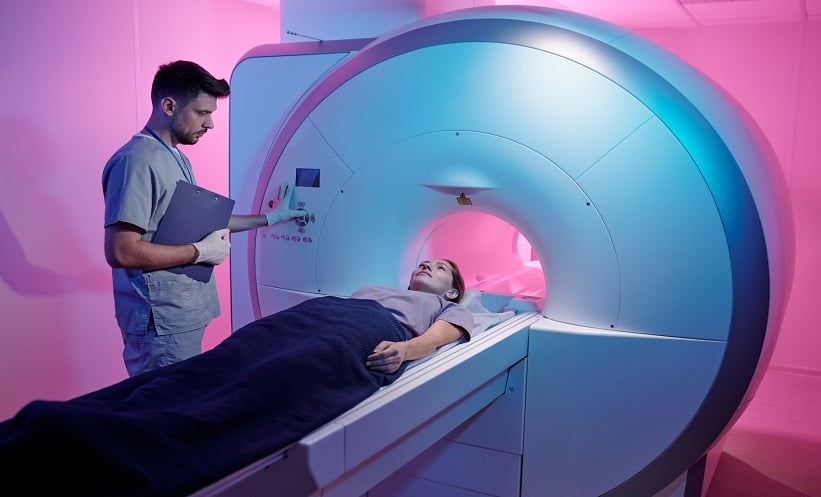CRITICAL questions about the utility of Progression Independent of Relapse Activity (PIRA) and Relapse-Associated Worsening (RAW) as outcome measures in clinical trials for relapsing-remitting multiple sclerosis (RRMS) have been investigated in recently published research. While PIRA has gained attention for reflecting the chronic neurodegenerative aspect of MS, this research underscores its limitations, including susceptibility to random variation and measurement errors.
The study reanalyzed data from the AFFIRM and SENTINEL trials, which collectively included 2,113 participants monitored over 2 years. Disability worsening was assessed using 3-month–confirmed disability worsening (3M-CDW), RAW, and PIRA metrics. Researchers also investigated the relationship between these outcomes and MRI-detected disease activity.
Key findings revealed that 42.4% of participants exhibited radiologic disease activity during the study, yet only 8% experienced a 3M-CDW event. Notably, most 3M-CDW events were attributed to PIRA (6.8%) rather than RAW (0.9%). However, 42.2% of participants with PIRA showed MRI activity in the first year, and 30.9% in the second, suggesting overlap between inflammatory activity and neurodegenerative progression. Improvement events, defined similarly to worsening events, occurred more frequently than PIRA in all trial arms.
The study’s authors caution that the current definitions of PIRA and RAW fail to reliably distinguish between disability progression due to inflammation and chronic neurodegeneration. Moreover, the metrics exhibited significant variability, echoing concerns about other established trial outcomes.
These findings call for further validation of PIRA and RAW in additional clinical datasets and emphasize the need for more comprehensive MRI monitoring in future trials. Refining these metrics could significantly enhance their reliability and utility in assessing treatments for RRMS.
This research invites healthcare professionals and trial designers to critically evaluate current methodologies and explore advanced tools for monitoring MS progression, ultimately improving patient outcomes.
Reference: Strijbis EMM et al. Utility of Progression Independent of Relapse Activity as a Trial Outcome in Relapsing-Remitting Multiple Sclerosis. Neurology. 2025;104(2).








